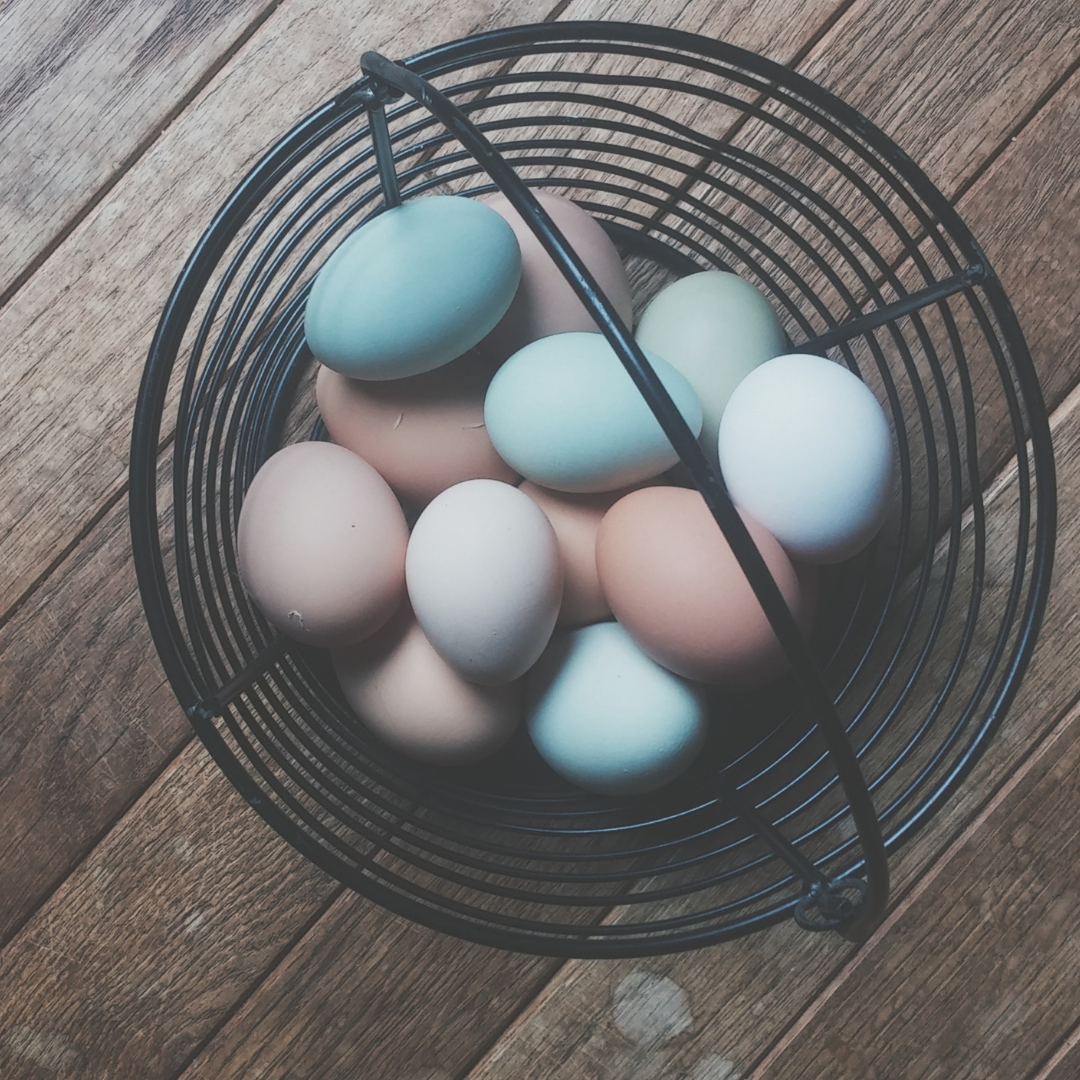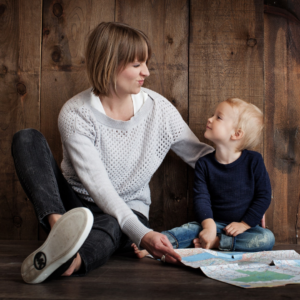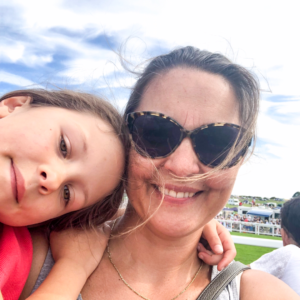Why you shouldn’t freeze your eggs if you’re a single woman over 35
 Are you thinking about freezing your eggs? If you are then before you take any action, read this post. Finding yourself single in your late thirties when you’re desperate to have a baby is a flippin’ awful place to be. I know, I’ve been there.
Are you thinking about freezing your eggs? If you are then before you take any action, read this post. Finding yourself single in your late thirties when you’re desperate to have a baby is a flippin’ awful place to be. I know, I’ve been there.
The unfairness of it is overwhelming. As you watch all your friends get married and start popping out kids the ‘how did this happen to me?’ thoughts are impossible to suppress.
Knowing what to do for the best is next to impossible. People will give you dubious advice and amongst those ‘Why don’t you freeze your eggs?’ is right up there. Mid break-up this is the advice an ex-boyfriend gave me. I wanted to punch him in the face.
A year later I was pregnant after using donor sperm, so obviously I didn’t take his sage advice. And here’s why I don’t recommend other single women in their late go down that route either:
Your eggs are already past their best
By the time you’re in your mid-thirties not only is the number of eggs you have left declining but the quality of your eggs has already fallen off a cliff. Egg quality is THE most important factor in the success rate of IVF, and why the success rate of IVF with frozen eggs is far higher with donor eggs than a woman’s own eggs. Because donor eggs are always younger.
According to the Human Fertility and Embryology Association (HFEA) in 2016 only 18% of IVF treatments using a patient’s own frozen eggs were successful.
There’s some great information about egg quality on the website of Extend Fertility an American egg freezing service. Check out the graph on that page that shows the steep decline in egg quality from your mid-thirties onwards.
I saw an image similar to this when I was 37 and considering my options after breaking up with the annoying ‘freeze your eggs’ ex and it was sobering.
A recent HFEA press release in December 2018 stated: “Clinics have an ethical responsibility to be clear that egg freezing below the age of 35 offers women their best chance of creating their much longed for family.”
“Where women over the age of 40 are freezing their own eggs, the likelihood of a future pregnancy is very slim and we would caution against this being a sensible option for this group of women.”
In the light of this information spending a tonne of money to preserve sub-standard eggs suddenly seems like a waste of time and money. I have serious doubts about the ethics of clinics that are encouraging women in their late thirties, or older, to part with large amounts of money to freeze eggs.
If you’re in your 20s with youthful, high-quality eggs on board then freezing eggs might be a worthwhile back-up plan. If you have the cash for egg freezing in your 20s, that is!
But even then I’d argue that it would better to just get on with starting a family sooner rather than later. I wish I hadn’t, and I’ll be advising my daughter to consider having kids early. You can always build a career. Having a family, not so.
If you REALLY want a baby, go it alone
If you’ve hit your late thirties and Mr Right hasn’t shown up yet then you have two options. Keep waiting for your knight in shining armour to put in an appearance, or go it alone.
I knew I wanted to have my own child, and I knew I’d rather be a mother alone than never be a mother at all. And I wanted that too much to just leave it in the hands of fate.
But I know it’s not as clear cut for everyone. Still, even with those certainties, it took me some time to let go of ‘the dream’, accept that life hadn’t worked out the way I hoped and feel reading for a different path.
The danger is you get stuck. Stuck in limbo. Not wanting to be single and childless, but unable to move forward out of fear, uncertainty. Not able to let go of how you expected your life to turn out.
If this is where you are freezing your eggs will only keep you stuck here. Stopping you from facing up to the reality that maybe having a baby with a partner isn’t going to happen for you. And let’s face it by the time you hit your late thirties your fertile years are dwindling fast.
I have friends who’ve agonised over the decision for far longer than I did.
My advice is to take action. That doesn’t mean taking the leap into single motherhood without a backward glance. But the worst case scenario is that you never get out of limbo, put too much faith in frozen eggs as insurance.
Let’s get real here. There is NEVER a good time to have a baby. Partnered or not. There will always be doubts and misgivings, questions and risks. If you wait for all the planets to align you’ll find you’re still waiting long after your ovaries have dried up and given up on you.
Knowledge is power, take control
Decide to take positive action to get yourself out of limbo. It might feel like deciding to freeze your eggs is doing exactly that but as I’ve suggested above I think it’s the opposite.
Here’s what I recommend doing:
- Go for an initial consultation at a fertility clinic. You’ll get all the fertility tests that will give you a better idea of your chances of conceiving. They’ll arrange blood tests, and ultrasounds to check your fallopian tubes and antral follicle count.
- Find out more about being a single mother by choice. Normalise what can feel like a very ‘abnormal’ path to take. Again, this will help you get clearer about whether it’s the right path for you.
Start here:
The one book every single mother by choice should read
Thinking about becoming a single mother by choice? 6 places to find information and support
Why I’m NOT a single mother by choice
Why so many fabulous women are using a sperm donor to have a baby
- Join an online group for SMCs. Get to know real women who have chosen single motherhood or are also thinking about it. You’ll feel less alone and less like the only ‘freak’ who hasn’t coupled up. Meeting mothers who were living the single mother reality showed me that if they could do it so could I.
- Make a decision. Make an active choice rather than having time take the decision out of your hands. If you take action the above, all the way up to the point at which an embryo is put into your womb you can take a pause and halt the process.
There are no guarantees that good fertility test results mean you can get pregnant. The only way to know that is to try. But if your results show that your fertility is in a steep decline then that could be the kick in the pants you need to make a decision one way or the other.
Overall my advice is – don’t let the decision about something so important be taken out of your hands. Freezing your eggs might feel like doing something, but really it’s just putting off the inevitable.
Maybe single motherhood isn’t right for you, but make a decision one way or another. Don’t get stuck in limbo. If you’re the wrong side of 35, don’t kid yourself that frozen eggs are the answer. If you REALLY want a baby it’s not the insurance policy it might appear to be.


This isn’t all true which is why women need to really research this and get the opinion of many medical professionals. Every woman’s fertility is different and not everyone has the same experience with freezing their eggs or IVF…. In any case the rates of a healthy egg leading to a birth when mature is low at only 3-5%, however that’s only for 1 egg so if you only banked one egg, you probably won’t end up having a baby from that 1 egg. This is why imo you need multiple cycles of freezing your eggs while you can (if you have no fertility problems then yes typically a 25 year old will make more than a 35 year old however, only 20% of women on average make 20 eggs from 1 cycle alone and I’m sure the women who needed more than 1 cycle were just those in their 30s). If a woman of any age wants to freeze her eggs, you have a higher chance of having a baby due to the number of eggs that you froze simply due to math. Many women who regret freezing their eggs I’m guessing thought it would be a 1 and done thing and expected to be in that 20% group. I’ve also heard quite a range on a woman’s ability to conceive naturally that are all over the place from doctors. That said from what I researched the chance of you having healthy eggs past 40 are slim which is why it is not recommended that a woman in her 40s bother using her own eggs. I mean she could but it would mean a ton of cycles in order to get that 1 egg that makes it. And according to my doctor (I have not researched this though) a woman can still have a baby naturally at 45 depending on her hormone level. IMO what a woman should first do is too simply just get her ahm tested which will cost you very little. If your level is good then yeah freezing your eggs isn’t really needed but if you have the money it might be worth doing as a just in case. From what I gather women who are just freezing their eggs thinking that they should, don’t really study all of this which is why nearly all don’t do more than 1 cycle…. They often will get pregnant naturally or use what few eggs they had thinking it will work with IVF, but statistically it won’t pay off. Having sex frequently probably gives you a better chance at getting pregnant at 40 than by trying to get pregnant 40 trying with 10 eggs you store at 30.
I’m considering freezing my eggs fully aware that I will need at least 2 cycles (to try for at least 10 eggs a cycle, but assume I will need 4 in order to hope for at least 1 baby. That said we all know it’s expensive, but it’s significantly more expensive treating this and IVF separately (not just the storage fees but everything) which is why I’m the fence with doing it. Why? It financially may make more sense to just not do anything until you are older (knowing the odds aren’t as good as when you were younger) since it might be more cost effective that way anyway even if you need to go through the egg retrieval stages more. If you want to go through fewer egg retrieval s and don’t mind the extra expense then do them independently.